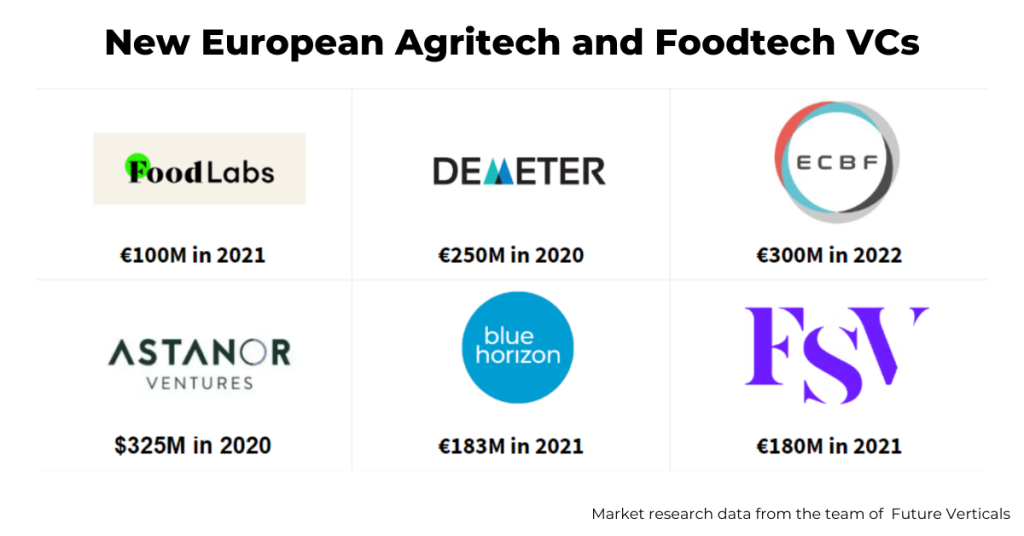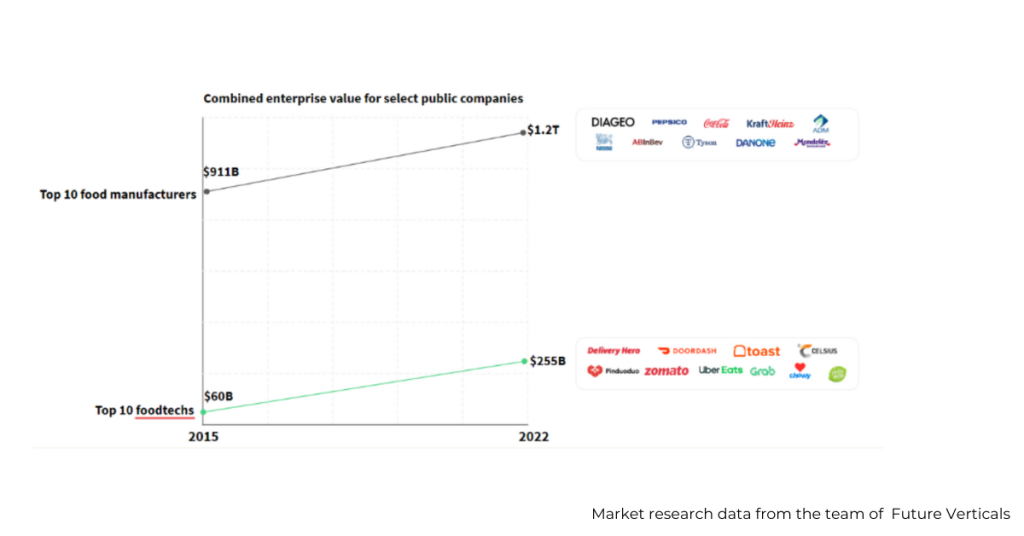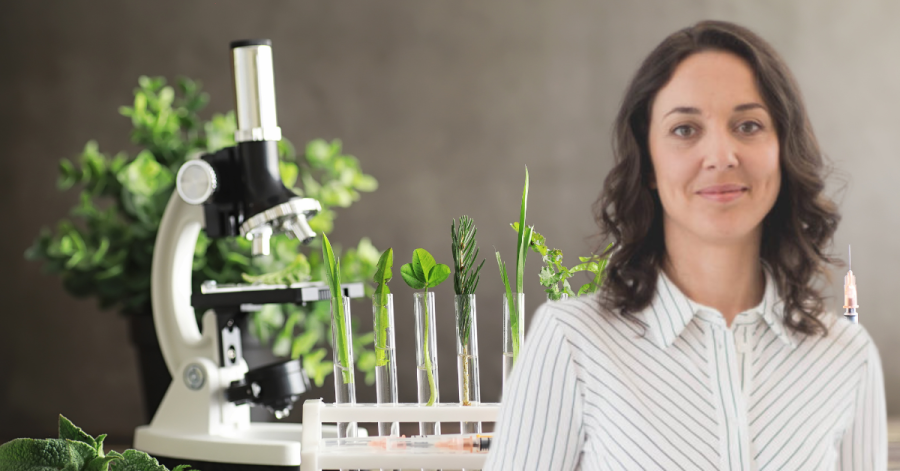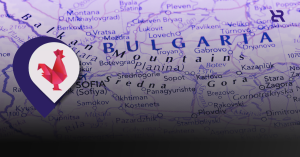The world’s population is projected to reach a staggering 10 billion by 2050, leading to an unprecedented surge in global demand for food and agricultural products. Furthermore, the rapid rise of the middle class in emerging markets is driving a growing appetite for high-value food and agricultural items, such as meat, dairy, fresh produce, and processed foods.
To meet this surging demand and address the challenges of sustainable food production, corporations are turning to technologies such as data analytics, artificial intelligence, and precision agriculture, ushering in a new era of innovation in the foodtech and agritech sectors.
“From an investment standpoint, agritech and foodtech are relatively young categories in Europe and even younger in SEE. Big companies are yet to be built and serious investments are to be made. All the startups that are in the sector are growing faster than incumbents. The vertical is a catalyst for climate neutrality, which makes it extremely interesting for us as we want to drive the whole VC community towards more impact investments. We also want to enlist the corporations and think tanks already operating in this sector to support our startups,” Elina Zheleva, sustainable innovation catalyst and CEO at launchlabs Sofia, highlights.
In this article, together with Elina Zheleva, we explore what are the existing market opportunities in front of local foodtech and agritech entrepreneurs.
Taking on the opportunity to bring a positive impact
Seizing the opportunity to create a positive impact, Elina adds, “I think here in Bulgaria we can lead the digitalization game and provide the needed infrastructure in terms of IOT and data analysis, but also I believe we could be pretty good in the design of some novel foods. We already see concepts for sprouted and fermented foods, which have roots here anyways. Elevating our, I would say, more balanced connection with nature and mixing it with our top-tech talent – that could be our USP,” Elina shares.
In early April, Vitosha Venture Partners, the Sofia-based early-stage VC, and Launchlabs, a business redesign studio, announced the launch of Future Verticals, the first foodtech and agritech accelerator in Bulgaria. This pioneering program aims to support the development, validation, and implementation of ideas and companies that will shape the future of the FoodTech vertical in the country.
Future Verticals is targeting startups that are either in the prototype or more advanced stages of development. Participating founders will gain access to a network of over 50 mentors and the opportunity to test and validate their prototypes in real-world environments through corporate partnerships. Furthermore, projects with high market potential may receive funding ranging from €20K to €200K euros from Vitosha Venture Partners.
“In Europe, the Food & Beverage segment accounts for 22% of consumer spending. However, investment in agritech and foodtech innovations and startups accounts for just 6.4% of all capital invested in the past 10 years. $10B+ companies have been built in much smaller
categories such as travel, fashion and mobility. I expect many $10B+ companies to emerge in agritech and foodtech in the coming years,” Ivan Draganov, Program lead at Future Verticals, says.
The program is going to take place in June-September and local FoodTech and AgTech companies can apply for joining the program until May 6th.
“A lot of things are considered innovations in the sector, it’s not just about functional foods that we have never heard of, but also about packaging and food waste management (we’re spoiling too much food – it’s the biggest contributor to gas emissions), soil and crop protection (another big category if we want to preserve our biodiversity), smart agriculture and so much more. We see here in Bulgaria there are many interesting examples and some successful scaleups – NIK, Ondo, SmartOrganic come to mind. Nasekomo was a nice surprise too,” Elina says.
The wider European foodtech landscape
Ivan Draganov explains that there is a record amount of capital ready to be deployed in agritech and foodtech in Europe and it is expected that the trend will also come to SEE/Bulgaria. In the past 3 years, many European investment firms such as FoodLabs and the European Circular Bioeconomy Fund (ECBF) raised verticals-specific funds to fuel innovations in the agritech and foodtech segments.

“The top 10 public foodtech companies are growing faster than the top 10 food manufacturers. Still, a lot of equity value to eat into. Note the top 10 public foodtech companies are in food delivery/e-commerce. The big public companies across the value chain are yet to come,” he says.

The market research of Future Verticals shows that some of the most promising segments in agtech and foodtech would be plant-based and alternative protein, vertical farming and indoor agriculture, precision agriculture and data analytics, food delivery and meal kit services, food waste reduction and management, and sustainable packaging solutions.
According to Elina, some of the most exciting and fast-growing startups in the European foodtech ecosystem which are interesting to watch are the Berlin-based startup scene with Flink (instant grocery shop) or Project Eaden (alternative meat producer with proprietary fiber spinning technology), which raised record amounts and showed massive growth. She also refers to smaller ones like Bosque (mushroom-based meats) and Formo (a producer of natural milk-identical proteins).
Even though European agritech and foodtech is a young category, the local experts expect that massive companies will be built. It’s yet to be seen how Bulgaria will position itself in the wider efforts of the EU to transition towards a climate-neutral continent.







